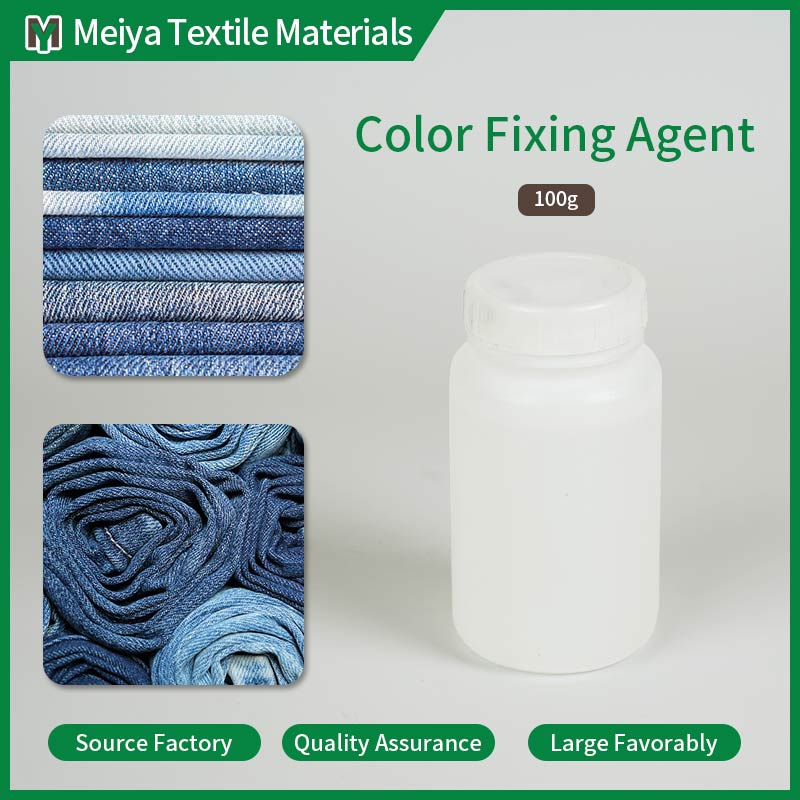Advancing Sustainability: The Role of Environmentally-friendly Auxiliaries in Textile Dyeing
Under the search for sustainable practices within the textile sector, dyeing has become a hub for innovation and improvement. Eco-friendly Dyeing Auxiliaries play an important role in addressing challenges such as water usage, chemical waste and penetration of dyes. Lets discover how these auxiliaries are driving positive change and assisting textile makers to adhere to environmental regulations and certifications.
Reducing Water Consumption
The textile dyeing industry is characterized by massive use of water with concerns of scarcity looming large over it. Solution that minimize water consumption through innovative formulations increasing dye penetration and fixation have been provided by eco-friendly auxiliaries. These auxiliaries decrease the need for extra washing or rinsing during dying activities thereby saving on significant amounts of water but without compromising color quality or vibrancy.

Minimizing Chemical Waste
Chemicals wastes produced during conventional dying processes can be harmful to the environment and hazardous to employees’ health. This problem is curved by environment friendly auxiliaries which use non-toxic ingredients that are organic, zero-waste substances derived from renewable resources. These substances are intended to disintegrate naturally within the ecosystem thereby reducing their ecological impact on textiles dying while minimizing adverse effects of toxicants accumulation in receiving waters.
Enhancing Dye Penetration and Color Fastness
Achieving uniformity in dye penetration and colour fastness is critical when making textiles with high quality levels. Eco-friendly auxiliaries have been formulated in order to aid in enhancing dye penetration and fixation thereby ensuring colors remain bright even after repeated washing hence long lasting colours. On this note, these auxiliaries promote dyes’ performance thus leading to production of durable textiles which satisfy aesthetic preferences of consumers as well as meet durability expectations.
Compliance with Environmental Regulations and Certifications
There is increasing pressure on textile manufacturers to conform to environmental regulations as well as certifications pertaining to chemical and dye usage. Conversely, eco-friendly auxiliaries have been at the forefront of enabling corporations adhere to such requirements by facilitating development of formulations that are free of hazardous substances and meet environmental rigidities. Accordingly, Oeko-Tex, Bluesign as well as Global Organic Textile Standard (GOTS) certifications assure consumers about sustainable and ethical sourcing in the market.
Thus, environmentally friendly dying auxiliaries contribute immensely towards promotion of sustainability in the textile industry. These auxiliaries provide practical ways to address environmental challenges while ensuring that clothing producers satisfy the demands of regulating authorities as well as various certification bodies. Therefore, safe-for-the-environment materials will be increasingly necessary for textile dying hence their importance in the future cannot be underestimated as long as sustainability is a priority within this sector.
